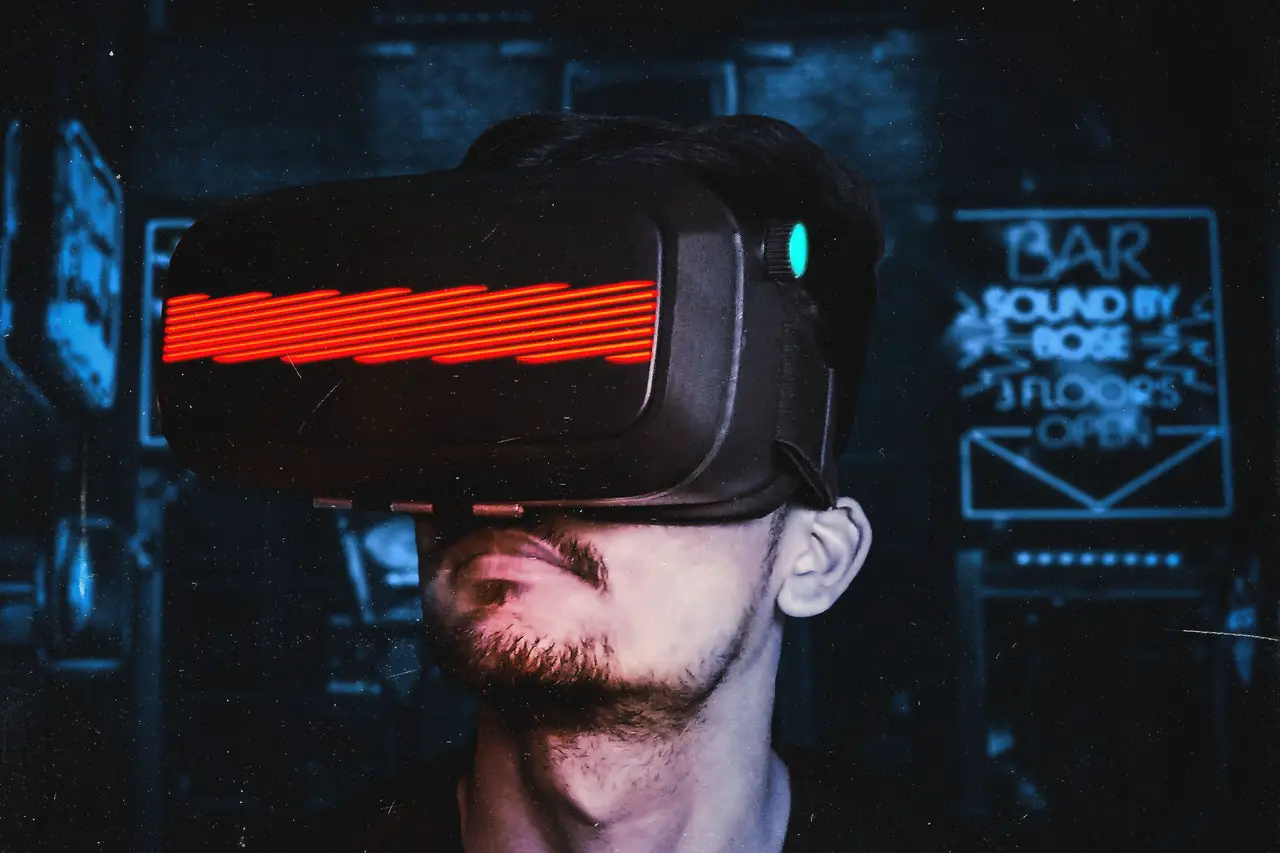Technology is always quickly advancing. New apps, new updates, and platforms emerge to help us connect to each other, automate our tasks, or just have fun. But does technology help or hinder critical thinking skills?
Your critical thinking skills will be affected by technology depending on factors, including the kind of technology you’re using and the context of the technology.
Impact of Technology on Critical Thinking
You use technology in one form or another every day. As time goes on, it plays a more significant role in our lives and changes the way we consume and process information. Critical thinking is all about analyzing the information in front of you, thinking about it rationally and without bias, and always asking questions.
Technology brings information right into your hands more effortless than ever through your phone, tablet, or laptop. Even reading has evolved from physical books to an e-reader, and news comes through Twitter and Facebook.
Critical thinking includes soft skills like problem-solving, finding cause and effect relationships, interpret data, evaluate arguments, and keep opinions and views malleable and fluid. Technology can both reinforce these skills and also threaten them.
How Does Technology Improve Critical Thinking?
The type of technology you’re using and what environment you’re using will affect what kinds of positive benefits you will experience.
Education and Learning
Schools are introducing more and more technology in the classroom to keep up with advances. They hope to better prepare students for the world of growing technology.
In a classroom setting, activities and learning can be more interactive with the use of technology. Technology is capable of engaging multiple senses and can improve student’s investment in the material.
Appropriate technology in classrooms increases students’ academic achievement, self-confidence, motivation in class, and attendance. Technology helps students move beyond sitting attentively and listening and promotes more hands-on learning.
It affects critical thinking by helping students apply what they’ve learned to real-life situations and develop problem-solving skills – two essential elements of critical thinking.
Beyond school-age children, adults benefit from technological learning as well. As new developments arise in technology, people need to have lifelong learning skills, adapt themselves to change, and grow or refresh their existing knowledge.
Audible Plus
- Unlimited access to a vast library of over 10,000 audiobooks, podcasts, and exclusive Audible Originals, providing endless hours of entertainment and learning opportunities.
- Ad-free listening experience allows users to fully immerse themselves in their favorite books and podcasts without any interruptions or distractions.
- Flexible listening options on any device, with the ability to download and listen offline, making it convenient to enjoy content while commuting, traveling, or working out.
Simulations
Simulation programming is growing in popularity to emulate real-life situations virtually. There are many professional fields, such as aviation and medicine, where certain conditions are rare, but you need to prepare for them. Simulations can virtually simulate flight errors for pilot training or rare diseases for medical students to learn how to address them.
Simulations provide a site for learning from mistakes in a high-stakes environment and encourages experimental learning. It takes what is usually a theoretical concept and makes it concrete, ensuring better reasoning and deeper understanding.
The learner, with simulations, can develop and apply critical thinking skills such as making judgments, interpreting information, making decisions objectively, and evaluating outcomes.
Social Media
Social networks open up the world. You can interact with people halfway around the globe with whom you share things in common. Information sharing and interactions have radically changed since the beginnings of social media.
There are many social media sites for people to have conversations, share ideas or interests, make new friends, or professional connections.
Whether you’re a student in the same class or talking with someone with a shared interest, opening yourself up to others’ opinions and ideas and processing them is vital to critical thinking.
Is Technology Killing Critical Thinking?
Depending on what technology you’re using and how you’re using it, technology can be damaging to critical thinking.
Education and Learning
In schools, the type of technology that students use can boost their learning quality or harm it. Having classrooms wired for student internet access has been shown to decrease learning. Students that use the internet during a class lecture do not pay as much attention to the speaker. In contrast, students without the internet pay more attention.
This distraction is because technology promotes multi-tasking, but it prevents people from understanding information in a meaningful way.
Social Media
When it comes to critical thinking, social media is both a positive and a negative. Social media offers the opportunity to access multiple viewpoints, but algorithms tend to show you more of what you’ve already seen.
Critical thinking is essential when it comes to social media. Being a conscious consumer of information means questioning everything we come across. When using social media, you need to take the time to evaluate the news and information you read. The source likely doesn’t go through the same rigorous standards of reliability-checking and validation as other content.
When you replace print news or books with social media, you lose a lot of value. Non-fiction books may seem outdated to some, and podcasts are taking over. But books go through research, editing for accuracy, and fact-checking.
Reading fiction just for enjoyment is also on the decline with the rise of technology. However, reading fiction can captivate your imagination in ways that visual media – like video games and television – do not.
Any kind of reading is full of positive benefits, including reflection, vocabulary, and critical thinking. Print literacy is on the decline while visual literacy is on the rise, and just relying on visual media is not enough to fully develop and master critical thinking.
Real-time media, such as movies and video games, also do not offer time for reflection or analysis. So, while visual media allows you to process information faster, you should still read books or lose out on the other skills that can benefit you.
Final Thoughts
The world of technology is so infinite that it can seem overwhelming. All forms of media don’t work in every setting. There needs to be a balance of modern technology in life, or you run the risk of losing out on developing fundamental skills.
Technology is an excellent boost to your critical thinking skills, but you should be aware of some of the pitfalls that come along with some forms of technology.





